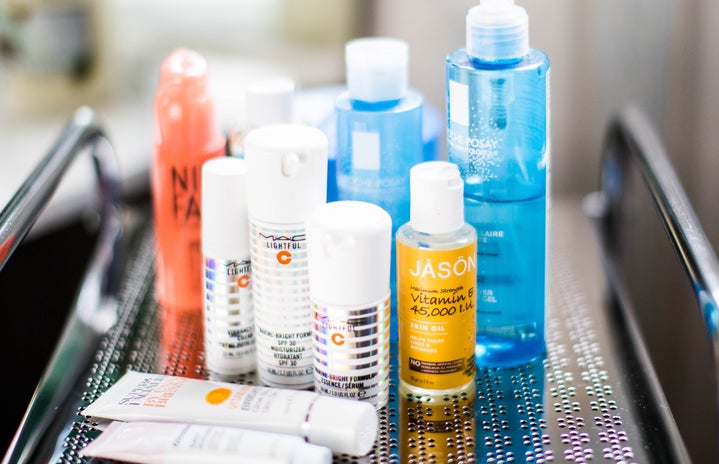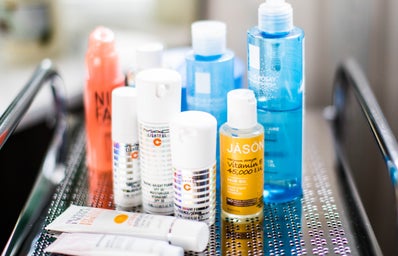There was once a time when only women with a specific skin tone could get a matching foundation and god forbid a man even went into a makeup shop. If you didn’t conform to a very limited set of beauty standards you could forget about a high sense of self-esteem.
It’s true that the beauty industry has come a long way. Most companies within the Industry have played their part and endless amounts of preachings in the name of self worth have been given. The problem of low self esteem now lies with dare we say it, social media.
The internet has the power to completely change your outlook. You could wake up, look in the mirror and happily find that your skin is clearing up. Five minutes later you feel crushed as you get bombarded with ‘candid’ photos of major influencers where literally everything about them is perfect; flawless skin and perfect body accompanied by next level makeup and clothes.
They have one million likes and counting while you’re lucky if you get over 50 in total. We have been told that nothing we see on social media is as it seems but it hasn’t really sunk in yet.
In previous years, the faces of the beauty industry were supermodels, singers and movie stars. Over time we’ve learned not to bat an eyelid at their perfect appearance because they have a whole team of people and money behind them helping them look the way that they do. Since this was once such a major problem, so much awareness has been raised that these pictures no longer lower our self esteem.
Now social media is taken over by ‘normal’ people like James Charles and Nikkie De Jager with so much makeup on that we wouldn’t recognise them without it. They make previous beauty influencers like Zoella and Tanya Burr look like amateurs.
These influencers and makeup gurus have brought the beauty industry to the point that if you haven’t managed to perfect ‘Instagram makeup’, you can’t even muster up enough confidence to go out at night without paying your local MUA to bring you up to standard.
Industry professionals preach about diversity but simultaneously, the aforementioned influencers and beauty gurus create good makeup looks but bad messages. It is not unusual to see Jeffree Star stirring up a twitter scandal or caught on camera calling people racist slurs and terms such as ‘ape’s’ and ‘sk*nk’s’ or much worse.
Audiences continue to support him, subconsciously damaging their own self-esteem in the process. For reference, Jeffree Star has nearly 11 million YouTube subscribers while Vogue, who post regular makeup tutorials by experts and celebrities, only have 3 million.
In the days when anyone can pick up the camera and start dictating what’s right and wrong in the world of beauty, it’s up to us to decide who we give a platform to. If the person you watch for makeup tips also makes frustrated when it doesn’t look like theirs, stop.
There’s probably somebody with just as much talent but a more positive outlook that you could be watching.



